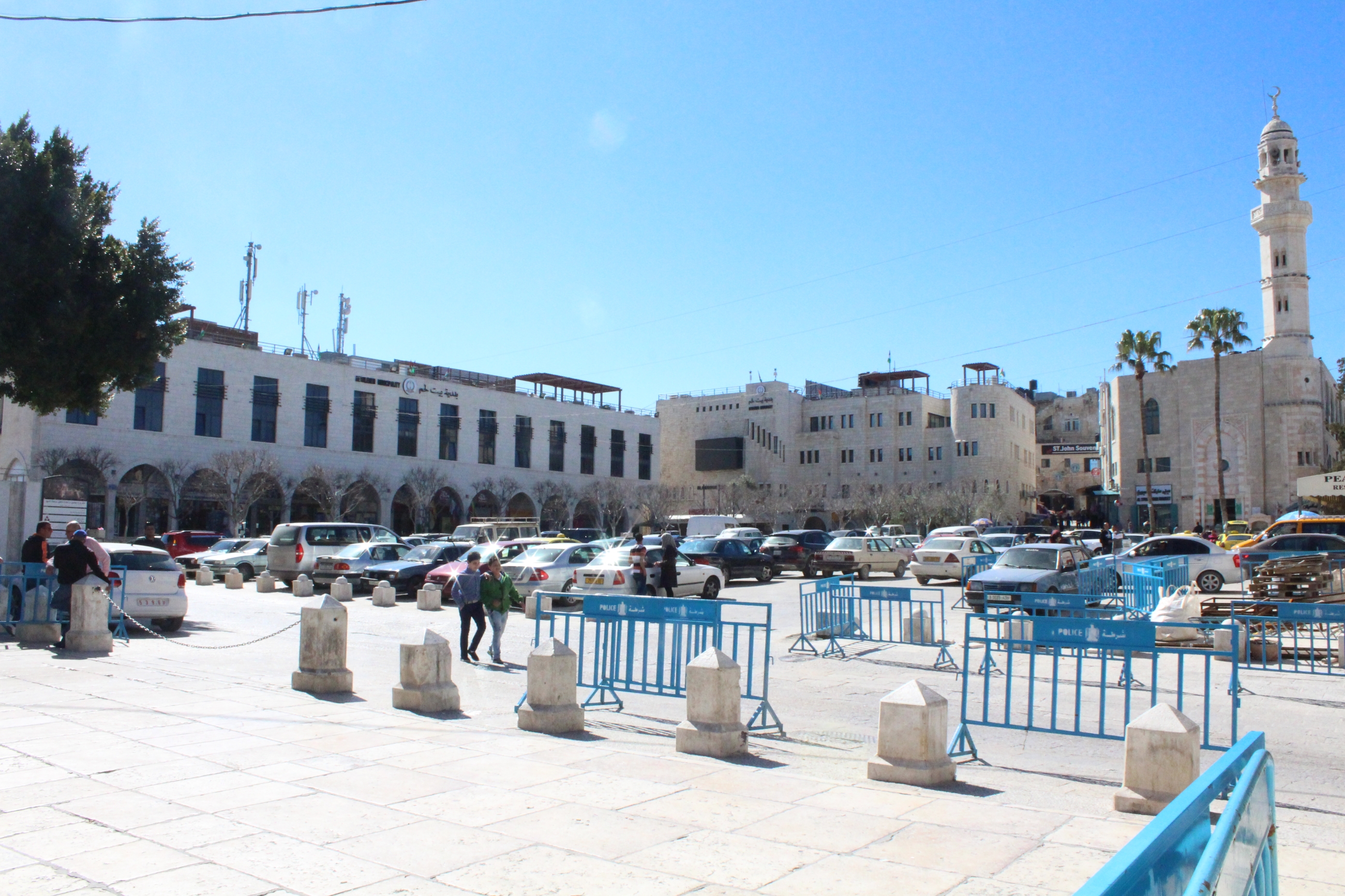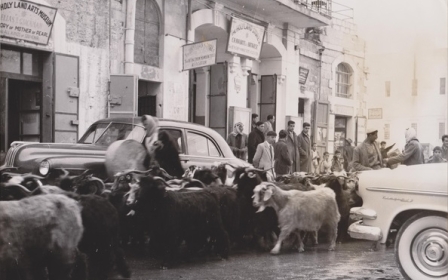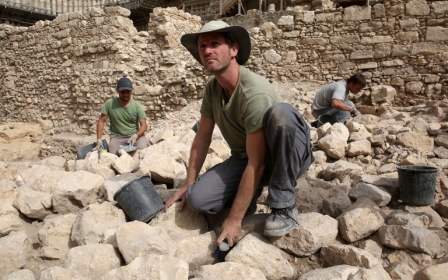Israeli electricity company cuts power in Bethlehem over unpaid debts

Israel's state-owned energy company reduced power to a number of Palestinian areas including Bethlehem on Monday, officials said, citing unpaid debt by the Palestinian Authority.
"The power supply will be reduced by about 50 percent to Bethlehem on Thursday," a statement from Israel Electricity Corporation (IEC) said.
The energy company added the "dramatic" step as a result of growing debt, which it said had reached 1.7 billion Israeli shekels ($450mn).
The Israeli-owned company said the power outage was part of a plan to disrupt daily supply over the next two weeks over the failure to pay bills.
The head of the Jerusalem District Electricity Company, Hisham al-Omari, told Maan news agency that the shutdown was originally to take place in Ramallah and al-Bireh, where a majority of PA government facilities reside.
The PA pleaded with IEC against implementing the electricity cuts in the West Bank, according to Maan, but the company decided to shut off electricity to Bethlehem from 2pm to 6pm local time.
Issam Juha, Bethlehem’s deputy mayor, said his district was not given any prior notice about the cut.
On Thursday, the company took a similar measure in the city of Jericho in the northern part of the occupied West Bank. Full power was returned later the same day in that case.
The governor of Bethlehem Jibril al-Bakri confirmed the cut.
"Residents suddenly found themselves without electricity in Bethlehem, Beit Jala and Beit Sahour," he said, with around 50 percent of IEC customers without power.
He added that among the buildings impacted was the Church of Nativity, built at the site where Christians believe Jesus Christ was born.
"They cut off electricity to the Church of the Nativity, to holy places, to the Beit Jala cancer hospital, the Caritas hospital and to the only mental illness hospital in Palestine," he said.
The district of Bethlehem is home to 210,000 Palestinians and includes Bethlehem, Beit Jala, Beit Sahour and 33 other villages and three refugee camps.
The Palestinian Authority has struggled financially and is largely dependent on foreign aid. It relies heavily on Israel for electricity supplies, which also provides electricity to the Hamas-controlled Gaza Strip.
Ongoing talks with the IEC and Palestinian officials have so far not resolved the debt problem.
In January 2015, the IEC cut power to Palestinian cities for a number of hours every day over a similar debt, only to renew it a few weeks later.
Under an economic agreement signed with the PA in 1994, Israel collects around 600-700 million shekels each month in customs duties levied on goods destined for Palestinian markets that transit through Israeli ports.
It transfers the money after deducting approximately 100 million shekels for expenses such as Palestinian hospitalisations in Israel, sewage treatment and covering part of the electricity debt, which has remained largely stable in recent months.
New MEE newsletter: Jerusalem Dispatch
Sign up to get the latest insights and analysis on Israel-Palestine, alongside Turkey Unpacked and other MEE newsletters
Middle East Eye delivers independent and unrivalled coverage and analysis of the Middle East, North Africa and beyond. To learn more about republishing this content and the associated fees, please fill out this form. More about MEE can be found here.




